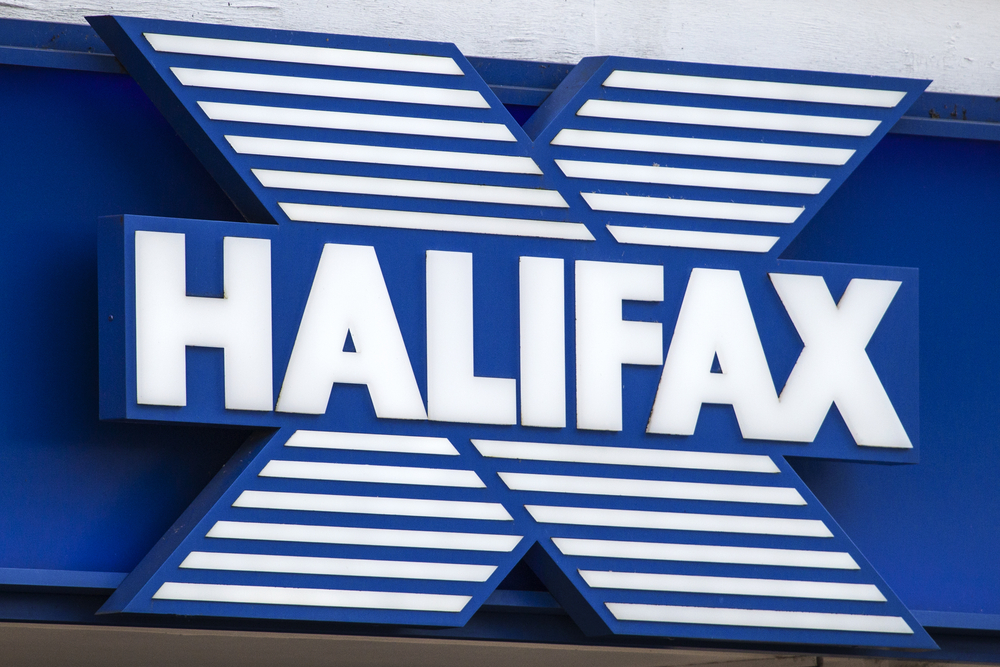
Average house prices rose for the third consecutive month in August, increasing by 0.3% compared to July to reach £299,331, the latest Halifax index shows.
Although this marked a new record high, the pace of annual growth was 2.2%, down slightly from 2.5% in July.
Northern Ireland continues to see the strongest annual growth with average prices up by 8.1% over the year to £217,082.
In Scotland, average prices rose by 4.9% in August to £215,594 and in Wales they increased by 1.6% to £227,786.
In England, the North/South divide continues, as the North East, North West, and Yorkshire & the Humber all saw prices rise by more than 4%.
But the South West saw prices fall 0.8% over the past year, making it the first UK region to record since July 2024.
In London the average house price ticked up by 0.8% year-on-year to £541,615.
Across the UK as a whole, the average paid by first-time buyers has edged down by 0.6% since May to £237,577 as mortgage affordability has improved.
On a 95% LTV mortgage over 30 years, that could mean monthly repayments of around £1,179 compared to the average UK private rent of £1,343, according to Halifax.
The lender’s head of mortgages Amanda Bryden says: “The story of the housing market in 2025 has been one of stability.
“Since January, prices have risen by less than £600, underlining how steady the market has been despite wider economic pressures.
“Affordability remains a challenge, but there are signs of improvement. “Interest rates have been on a gradual downward path for nearly two years, and many of the most competitive fixed-rate mortgage deals now offer rates below 4%.
“Combined with strong wage growth – which has outpaced house price inflation for nearly three years – this is giving more prospective buyers the confidence to take the next step.
“Summer is typically a quieter period for the market, so the recent rise in mortgage approvals to a six-month high is an encouraging sign of underlying demand.
“While the wider economic picture remains uncertain, the housing market has shown over recent years that it can take these challenges in its stride.
“Supported by improving affordability and resilient demand, we expect to see a slow but steady climb in property prices through the rest of this year.”
Market reaction
OnTheMarket president Jason Tebb says: “While prices have risen again, they are being kept in check to an extent by affordability concerns, despite five interest-rate reductions in the past year.
“Overall, the housing market is steady, although with increased levels of new instructions, longer transaction times and more competition for buyers, sellers should have realistic expectations if they wish to move before the end of the year.”
“Most seem to take the view that any change will not happen immediately and if payment responsibility is switched to sellers, this will have to be taken into account by higher prices with activity possibly surging if little or no change is made.”
SPF Private Clients chief executive Mark Harris, says: “With the Budget now due at the end of November, if rumours and speculation as to what it may contain continue to circulate, this won’t help buyers and sellers commit to big decisions such as moving.
“Swap rates, which heavily influence the fixed-rate mortgage market, continue to rise as money market expectations of where interest rates are heading have changed amid concerns over inflation.
“This market uncertainty could result in short-term increases at least in mortgage rates, with some lenders including Nationwide starting to nudge their pricing upwards in recent days.”
Bestinvest by Evelyn Partners personal finance analyst Alice Haine says: “Recent surges in long-term bond yields – driven by investor unease over the state of the public finances and global economic and geopolitical concerns – could have implications for mortgages.
“A sustained rise in long-term borrowing costs runs the risk of pushing up mortgage rates – something that would hamper affordability levels just at the point that the market was starting to recover.
“Andrew Bailey, Governor of the Bank of England, has cast doubt on the likelihood of imminent interest rate cuts, citing persistent inflation.
“This aligns with market expectations that there will be no further rate cuts this year – a blow for borrowers hoping for further respite from high mortgage repayments.”
Haine says that the announcement that the Autumn Statement will fall a month later than last year, on November 26, is fuelling speculation about what property tax reforms might be on the cards.
She adds: “Rumours already touted include the possibility of a new sales levy to replace stamp duty on homes over £500,000, capital gains tax on the sale of high-value residences, council tax reform and National Insurance on rental income for landlords.
“The uncertainty around what might transpire is already prompting some buyers to pull out of deals just weeks after putting in offers, agents report.”



